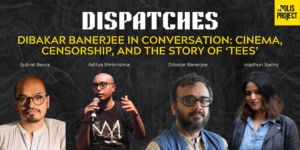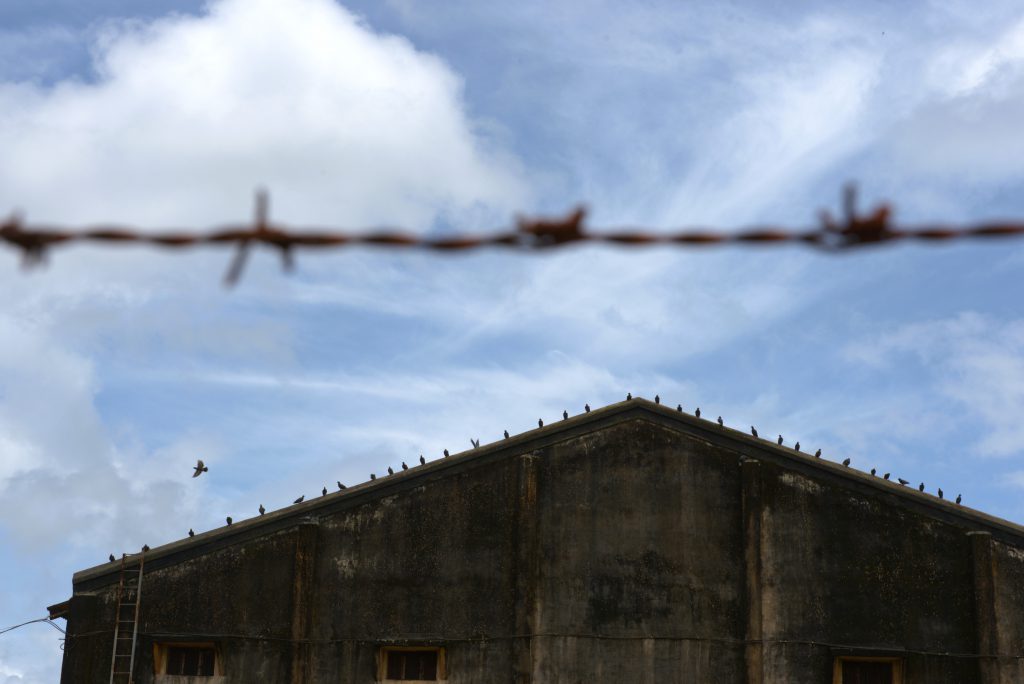

On 1 January 1818, a small British battalion mainly comprising Dalit soldiers from the oppressed Mahar caste defeated an army of dominant-caste Peshwas at Koregaon. The battle gained a legendary status, representing a victory not just in Bhima Koregaon, but against caste injustices perpetrated by the Peshwas. The Mahar community celebrates the anniversary as a festival called “Valour Day,” and many make an annual pilgrimage to an obelisk at the site that memorialises the battle.
During its bicentennial celebrations, on 1 January 2018, mobs carrying saffron flags attacked the predominantly Dalit gathering at Bhima Koregaon. The Pune police registered at least 22 separate first information reports detailing the violence, including one accusing two Hindu extremists, Manohar Bhide and Milind Ekbote, of instigating the mobs. A fact-finding report commissioned by the Pune police even identified the duo as the “main conspirators” behind the “pre-planned attack” at Bhima Koregaon. A police official has similarly stated on affidavit to the Supreme Court that they were responsible for the violence. Another fact-finding committee of judges and social activists also found that Bhide had been inciting the local Marathas against the Dalits in the week preceding the violence.
Yet, the case that has become synonymous with the violence that day is not one of those 22 FIRs, and does not accuse Bhide and Ekbote of any role in it. The Bhima Koregaon case, as it is now known, is based on a complaint filed eight days after the violence, by one of Bhide’s followers, alleging that the violence was instigated by speeches given the previous day, at an event thirty kilometres away called the Elgar Parishad.
The Elgar Parishad was a mass meeting organised by a former Supreme Court judge, PB Sawant, and a former Bombay High Court judge, BG Kolse-Patil, in Pune’s Shaniwar Wada. The event did not instigate violence, but included speeches and performances calling upon the public to defend democracy in India. In subsequent years, the Pune police arrested a series of individuals, the majority of whom had as little to do with the Elgar Parishad event as the Elgar Parishad had to do with the Bhima Koregaon violence.
The only common thread across the 16 people arrested—or the BK-16, as they came to be called—was a record of working for the rights and empowerment of marginalised communities. As activists, writers, lawyers, academics and artists, the BK-16 worked on a range of issues, including rights of Adivasis, Dalits and workers; advocacy against repressive anti-terror laws; cases of police brutality and sexual violence by armed forces; and land and forest rights. They are: Gautam Navlakha, Shoma Sen, Sudha Bhardwaj, Anand Teltumbde, Arun Ferreira, Vernon Gonsalves, Varavara Rao, Rona Wilson, Surendra Gadling, Mahesh Raut, Sudhir Dhawale, Hany Babu, Ramesh Gaichor, Sagar Gorkhe, Jyoti Jagtap, and Stan Swamy.
Since the first arrests in the case, a plethora of evidence has pointed to the political interests behind the targeted investigation as well as the compromised and manufactured evidence that forms the foundation of the case. Swamy, a Jesuit priest and Adivasi-rights activist from Jharkhand, died in prison on 5 July 2021. Only seven of the remaining 15 are out on bail.
To mark six years of the arbitrary arrests and imprisonment of these political dissidents, The Polis Project is publishing a series of writings by the BK-16, and their families, friends and partners. Since their bail conditions prevent them writing about the case, this series seeks to shift the lens from their lives in the courtroom to their lives in prison. By describing various aspects of the past six years, the series offers a glimpse into the BK-16’s lives inside prison, as well as the struggles of their loved ones outside. Each piece in the series is complemented by Arun Ferreira’s striking and evocative artwork.
The question arises, why do they choose to keep writing when they are being targeted by the state? Stan Swamy articulates an explanation in his memoir:
‘Why truth has become so bitter, dissent so intolerable, justice so out of reach?’ because truth has become very bitter to those in power and position, dissent, so unpalatable to the ruling elite, justice, so out of reach to the powerless, marginalised, deprived people. Yet, truth must be spoken, right to dissent must be upheld, and justice must reach the doorsteps of the poor. I am not a silent spectator.





